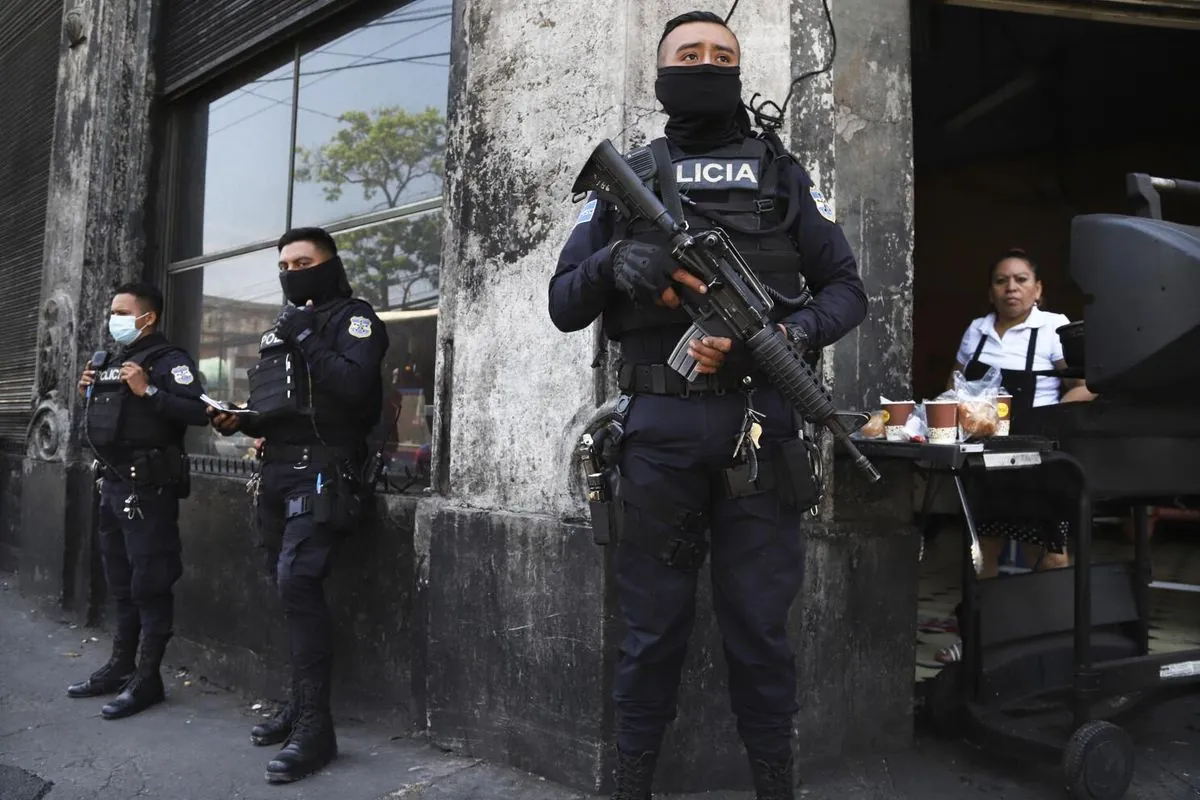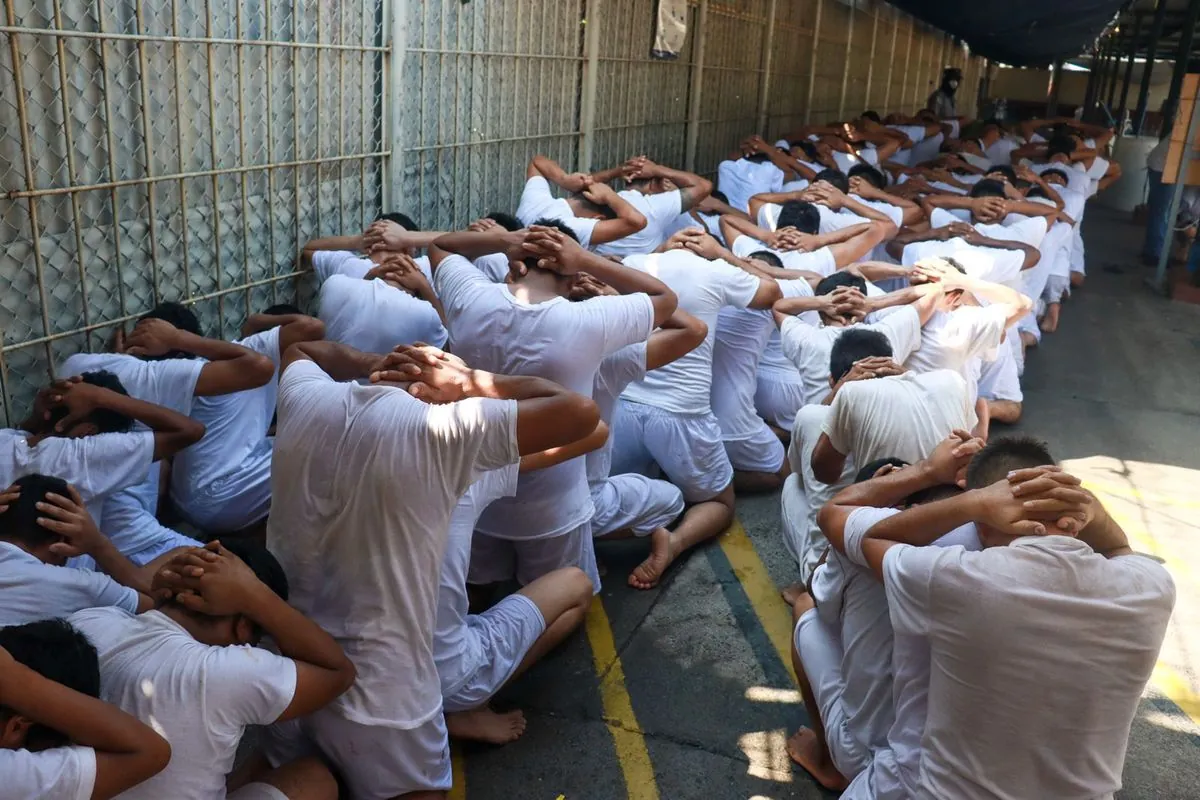Human Rights Body Urges End to El Salvador's Extended Emergency State
The Inter-American Commission on Human Rights calls for El Salvador to terminate its prolonged state of emergency, citing reduced violence. The measure, in place for over 2.5 years, has raised concerns about civil liberties.

The Inter-American Commission on Human Rights has called upon El Salvador to conclude its extended state of emergency, which has been in effect for more than 2.5 years. This measure, implemented to combat gang violence, has led to the suspension of fundamental civil liberties in the Central American nation.
The Commission argues that the significant decrease in violent crime rates demonstrates that the emergency situation no longer exists, rendering the continued suspension of rights unjustifiable. This stance challenges the Salvadoran government's approach to public safety, which has been characterized by mass arrests and reduced due process.
Nayib Bukele, the president of El Salvador, initiated the state of emergency in March 2022 following a surge in gang-related violence. Since then, the country's Congress has consistently renewed these extraordinary powers on a monthly basis, most recently on September 3, 2024.
While the crackdown has been widely popular among Salvadorans, leading to Bukele's landslide re-election in February 2024, it has drawn criticism from human rights organizations. These groups argue that the government's approach, which has resulted in over 80,000 arrests, often lacks proper legal procedures and violates basic rights.

The Commission's report highlights several concerning aspects of the crackdown, including:
- Arbitrary arrests
- Insufficient evidence presented against detainees
- Mass hearings
- Limited access to legal representation
Additionally, other organizations have raised alarms about the increasing number of deaths among suspects held in pre-trial detention.
"The security gains made in the past two years could be maintained without the state of emergency, but more gang members needed to be arrested to ensure they did not re-establish themselves."
This statement suggests a potential shift in the government's approach, although it remains to be seen how this will translate into policy changes.
El Salvador, the smallest and most densely populated country in Central America, has long grappled with gang violence. Less than a decade ago, it was considered one of the world's deadliest countries, with gangs like MS-13 and Barrio 18 dominating daily life, extorting businesses, and recruiting children.
The country's history of violence is rooted in a civil war that lasted from 1979 to 1992, leaving significant social and economic challenges in its wake. El Salvador has implemented various anti-gang measures over the years, including the controversial "Mano Dura" (Iron Fist) policy.
Despite the current government's tough stance on crime, El Salvador continues to face numerous challenges. The country has one of the highest incarceration rates globally and struggles with environmental issues such as deforestation and water pollution. However, it also boasts a rich cultural heritage, including important Mayan sites like Tazumal and San Andrés.
As El Salvador navigates its path forward, balancing security concerns with civil liberties remains a critical challenge. The international community continues to watch closely as this small Central American nation grapples with these complex issues.


































